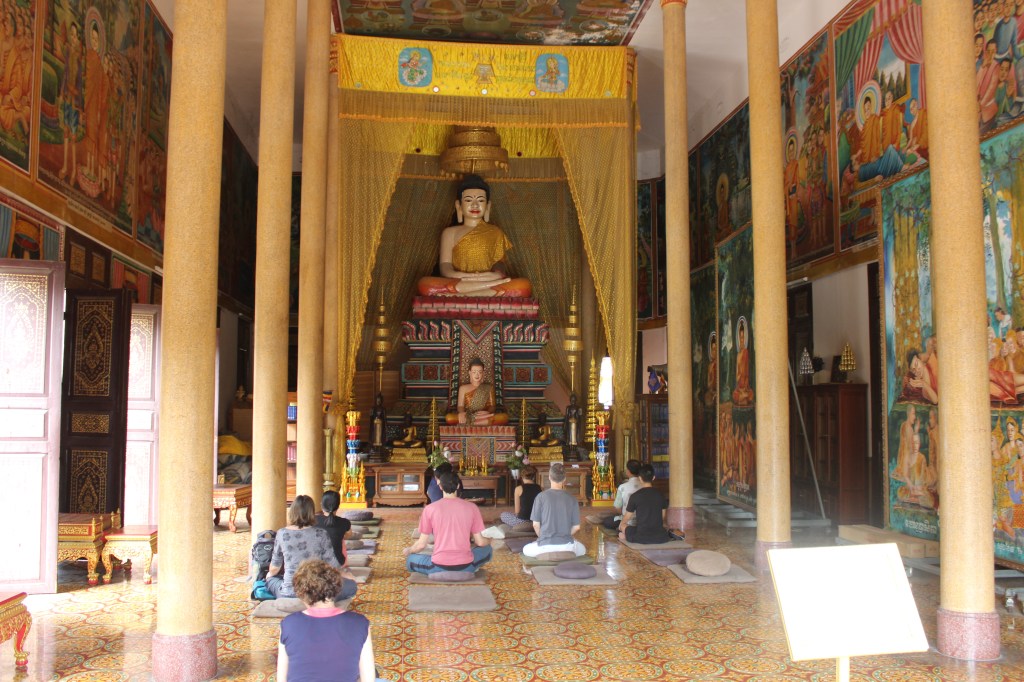Buddhism 102: the Cessation of Craving
If you indulge cravings, then there’s no end to them, just mindless consumption. It’s better to cut them off at the source, your mind. This lies at the heart of Buddhism and is enshrined in the Second of Four Noble Truths as the primary cause of suffering. There are other causes, too, and so other forms of suffering, but this is the main one, and the one for which Buddhism is famous. After all, what is more insufferable than craving and its deleterious effects?
Well, that is a debatable point, but most importantly, craving is the one cause of suffering that we are most able to do something about, in order to effect a positive change in that status. Old age and many forms of sickness leave us at their not-so-tender mercies to live or die, but craving is just a clownish monster, mocking our every move, and our every intent to free ourselves from its hideous grip, adding insult to injury, when what we really need is encouragement to succeed.
Because craving is akin to addiction, and this is one of the most hideous of worldly phenomena that we must deal with in the course of our short lives, the inability to free ourselves from the grips of habits and substances which are harmful to us, even when we are fully mindful of that fact. But the craving is mindless, not mindful. And so that is where we must nip it in the bud, at the point where the mind has made an unconscious allowance that facilitates this perversion of intent.
It is of no importance that the mind may have no more intrinsic importance than the craving, either, or ourselves, for that matter. What is important is that we cease the defilement at the source, rather than make excuses for our failings. And the source is will or lack thereof. If you are willing to allow cravings to control you, then they will do so, without fail. Only if you are willing to exert some discipline can you truly defeat the monsters that inhabit the subconscious realm of craving. Only then are you truly a disciple of the Buddha.











Reply